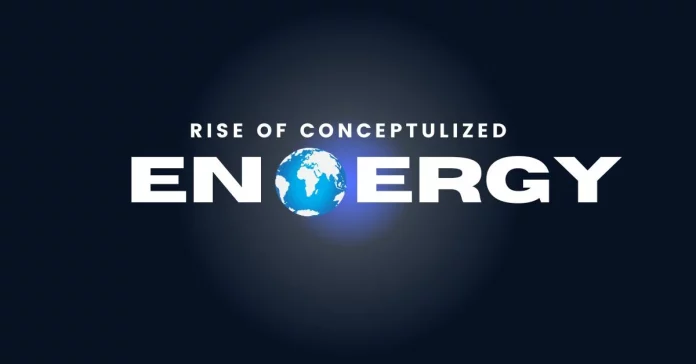Energy is an essential commodity that is critical to economic development and growth. It is the primary driver of technological advancements and is used to fuel transportation, industrial, and domestic activities worldwide. The significance of energy in global affairs cannot be overemphasized as it has become a critical factor in shaping the world’s economic, political, and social landscape. In recent times, the concept of energy has evolved, and its influence on world geo-politics has become a subject of discussion.
Table of Contents
The Conceptualized Energy
The conceptualized energy refers to the idea of energy as a commodity that is not restricted by traditional energy sources such as fossil fuels. It encompasses a wide range of energy sources, including renewable energy, nuclear energy, and hydrogen fuel cells. The conceptualized energy has been driven by the need for sustainable energy sources due to the increasing concerns about climate change and the negative impact of traditional energy sources on the environment.
The use of renewable energy has been on the rise globally, with countries like China, India, and the United States leading the way. According to the International Energy Agency (IEA), renewable energy sources accounted for 72% of the new power capacity additions worldwide in 2019, with solar energy leading the way.
Influence on World Geo-Politics
The conceptualized energy has significant implications for world geo-politics. One of the most significant impacts is on energy security. Countries that rely heavily on traditional energy sources such as oil and gas are vulnerable to supply disruptions, which can destabilize their economies and threaten their national security. The shift towards renewable energy reduces this vulnerability and provides greater energy security.
The conceptualized energy also has the potential to change the dynamics of energy politics globally. Countries that have been major players in the traditional energy sector may lose their influence in the global energy market as renewable energy becomes more prevalent. The rise of renewable energy has already begun to shift the balance of power in the energy sector, with China emerging as a leader in renewable energy technology.
Distinctiveness of Global Energy Governance
The emergence of the conceptualized energy has also raised questions about the distinctiveness of global energy governance. Traditional energy sources have been governed by a complex network of international institutions and agreements, including OPEC and the International Energy Agency (IEA). However, renewable energy sources are not subject to the same level of governance, and there is a lack of international cooperation in this area.
This lack of governance has led to concerns about energy security and the potential for conflict over renewable energy resources. Countries that are rich in renewable energy resources may be reluctant to share these resources with other countries, which could lead to tensions and conflict.
Conclusion
In conclusion, the conceptualized energy has significant implications for world geo-politics and global energy governance. The rise of renewable energy sources has the potential to shift the balance of power in the energy sector and reduce the vulnerability of countries to energy supply disruptions. However, the lack of international governance in the renewable energy sector raises concerns about energy security and the potential for conflict. It is essential that international institutions and agreements are developed to govern the emerging renewable energy sector to ensure that it is used in a sustainable and equitable manner.
















